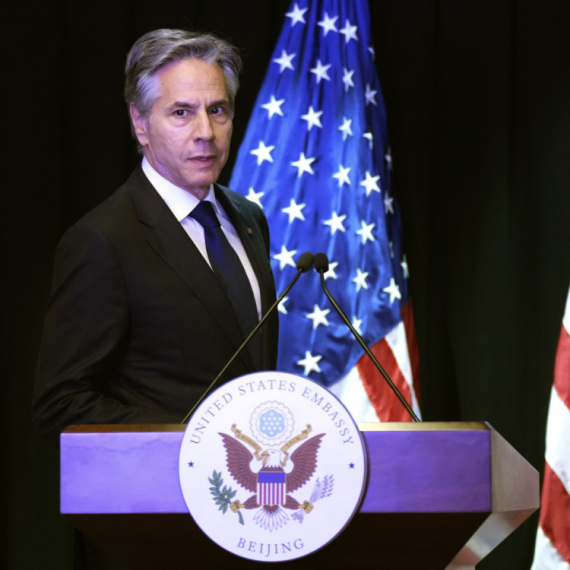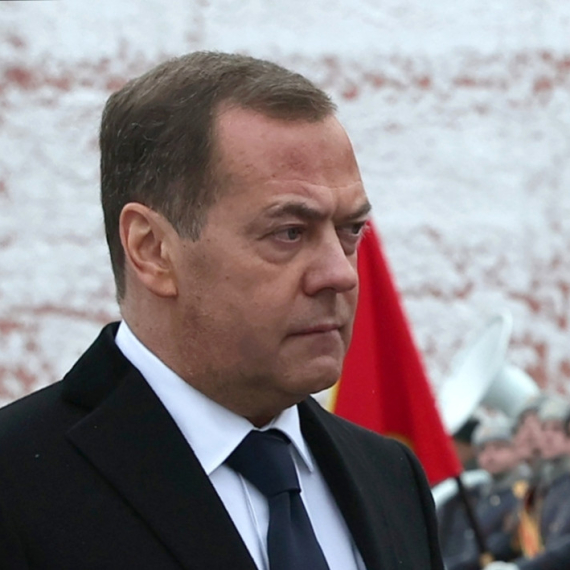World Bank approves loan to Serbia to help poor families
World Bank Board of Directors has approved a USD 100mn loan for Serbia to help poor families, it was announced in Washington Friday.
Friday, 29.04.2011.
17:04

World Bank Board of Directors has approved a USD 100mn loan for Serbia to help poor families, it was announced in Washington Friday. According to the World Bank, the program will increase the number of households with low incomes which are receiving assistance by a quarter, while the total amount of such assistance for poor families comprising more than three members will triple. World Bank approves loan to Serbia to help poor families The same plan will keep under control the salaries in the state sector, make the pension system more sustainable and introduce reforms in the system of public expenditure and debt management. As a result of the economic crisis, the necessity to protect the poor and vulnerable has become even more obvious. In 2009, the number of people living below the poverty line has increased to 60,000, and the risks of re-impoverishment in Serbia are still high, said World Bank Belgrade Office Head Loup Brefort. According to the World Bank program, public sector salaries in Serbia should be reduced from 10 to eight percent of gross domestic product (GDP), which is to be achieved by improving public administration. The pensions-related expenditures, the single largest spending item in Serbia's budget, are the second biggest in Europe and Central Asia, where pension expenditures are normally high.
World Bank approves loan to Serbia to help poor families
The same plan will keep under control the salaries in the state sector, make the pension system more sustainable and introduce reforms in the system of public expenditure and debt management.As a result of the economic crisis, the necessity to protect the poor and vulnerable has become even more obvious. In 2009, the number of people living below the poverty line has increased to 60,000, and the risks of re-impoverishment in Serbia are still high, said World Bank Belgrade Office Head Loup Brefort.
According to the World Bank program, public sector salaries in Serbia should be reduced from 10 to eight percent of gross domestic product (GDP), which is to be achieved by improving public administration.
The pensions-related expenditures, the single largest spending item in Serbia's budget, are the second biggest in Europe and Central Asia, where pension expenditures are normally high.












































Komentari 0